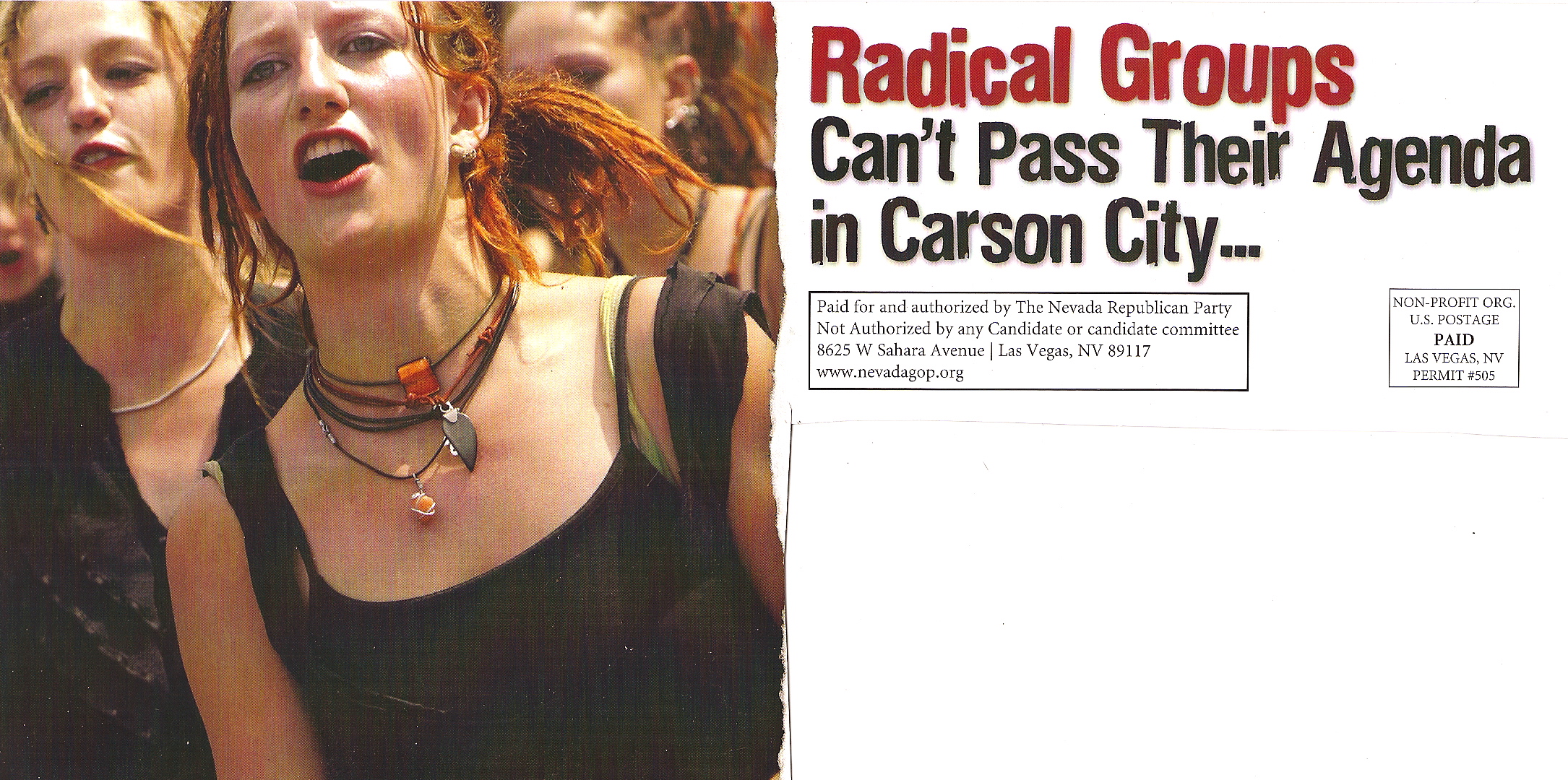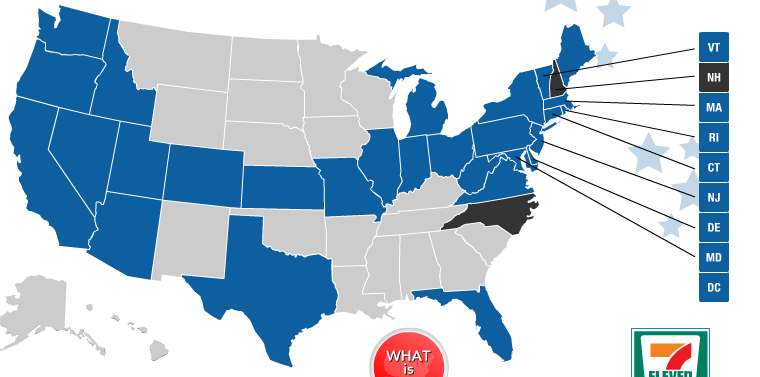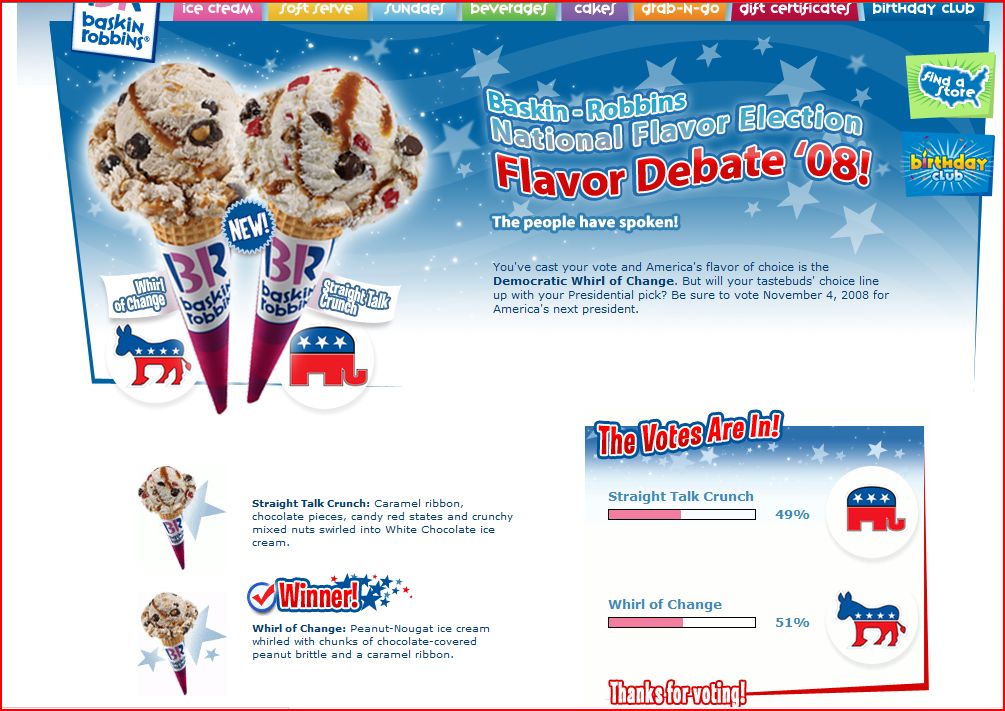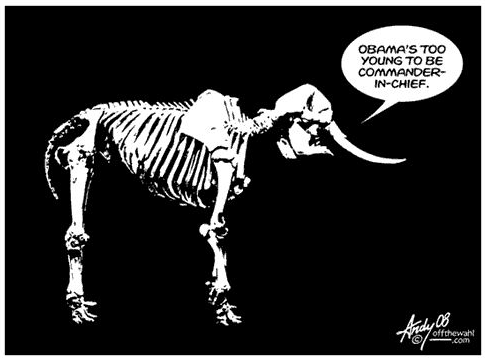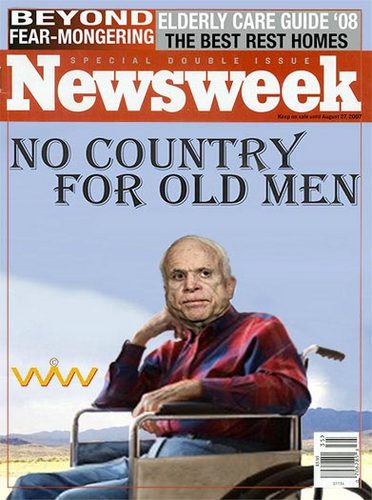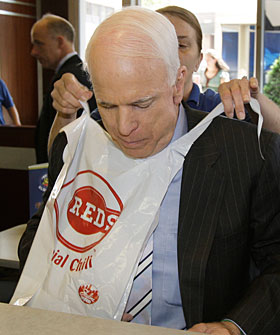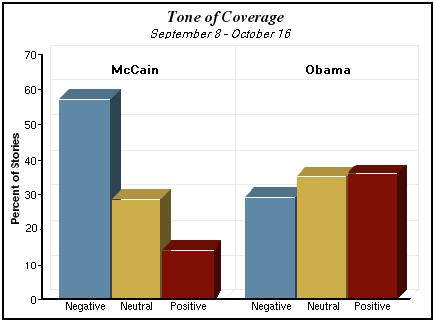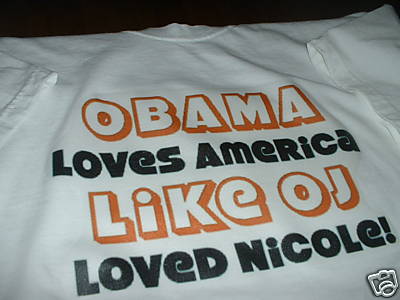Nevada is a battleground state, and the state elections have gotten nasty (on both sides); the mailers I get every day don’t even pretend to be about issues any more, they’re just attack ads. I got this one, against a Democratic candidate, a couple of days ago:
I thought the photo they chose to illustrate “radical groups” was interesting. There were no specifics about what type of “radical” groups, or what they are radical about. To me, this image seemed like it was supposed to bring up the threat of radical (angry) feminists, but I don’t know if that was the specific type of radical this was meant to evoke or if that’s just what it makes me think of.
Anyway, it might be useful for a discussion of political discourses (for instance, how groups selectively use words like “radical,” “progressive,” “traditional,” “regressive,” and so on to depict change as either good or threatening), as well as what types of political agendas even appearances have become associated with “radical” politics (for instance, a woman wearing multiple necklaces and dreadlocks symbolizes radicalism).

